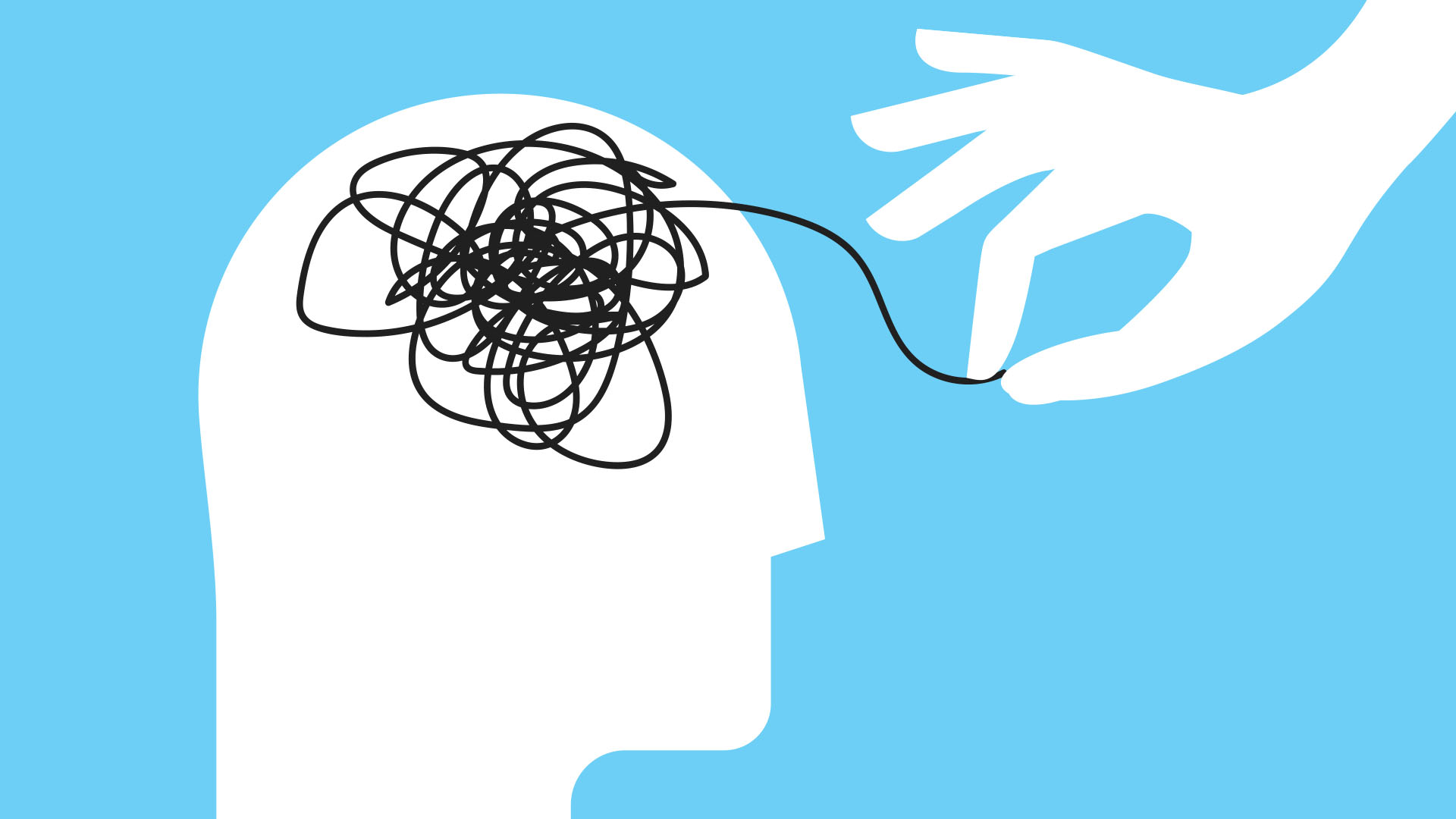Effective Mental Health Services: Solutions for Every Scenario
Effective Mental Health Services: Solutions for Every Scenario
Blog Article
Exploring the Connection Between Nourishment and Mental Health And Wellness Improvement
The effects of our nutritional options on mental health have been progressively identified by wellness experts and scientists alike. As we navigate the complicated landscape of modern way of livings, uncovering the nuanced connection between nourishment and psychological wellness renovation might hold the secret to opening a deeper understanding of our psychological and cognitive durability.
Effect of Food on Mood
The partnership in between nutritional options and state of mind regulation is a vital aspect of recognizing the influence of food on mental well-being. Research has shown that particular foods can affect neurotransmitter activity, impacting state of mind and moods. For instance, foods rich in omega-3 fats, such as fatty fish, walnuts, and flaxseeds, have actually been linked to lower rates of anxiety and improved state of mind policy.
In addition, intricate carbs located in entire grains, fruits, and vegetables can aid control blood sugar levels, which consequently can have a positive effect on mood security. On the various other hand, diets high in refined foods, sugar, and saturated fats have been connected with a raised risk of depression and mood disorders.
Furthermore, the gut-brain connection plays a considerable function in mood regulation. The digestive tract microbiome, affected by the foods we eat, can connect with the mind with the gut-brain axis, influencing mood, tension degrees, and overall mental well-being. As a result, making nutritious and conscious dietary selections is necessary for maintaining a healthy and balanced and balanced state of mind.

Important Nutrients for Anxiety

Moreover, the amino acid tryptophan, found in foods like turkey, eggs, and nuts, is a precursor to serotonin manufacturing, a neurotransmitter understood for its role in advertising feelings of calmness and health. Vitamin B complex, specifically B6 and B12, are also vital for preserving a healthy nerve system and might aid reduce stress and anxiety signs.
Incorporating these vital nutrients into a well-balanced diet plan can have a positive influence on managing anxiousness and enhancing general psychological health and wellness.
Dietary Approaches for Clinical Depression

One nutritional technique for managing depression is concentrating on foods rich in omega-3 fats, such as fatty fish, flaxseeds, and web link walnuts. Omega-3 fats have actually been connected to reducing inflammation in the brain and improving natural chemical feature, which can favorably impact state of mind. Additionally, boosting the consumption of fruits, veggies, whole grains, and lean healthy proteins while lowering the consumption of refined sugars and foods might aid in minimizing depressive signs and symptoms.
Furthermore, maintaining adequate degrees of vitamin D, either through sunshine exposure or supplements, is crucial for sustaining psychological health and wellness. Vitamin D shortage has actually been linked with an enhanced risk of anxiety, making it critical to ensure adequate intake of this nutrient. By integrating these nutritional approaches, individuals might efficiently complement standard therapies for anxiety and enhance their overall health.
Gut-Brain Axis and Mental Health
Concentrating on the detailed link in between the intestinal system and mental health, the Gut-Brain Axis plays a pivotal duty in affecting cognitive functions and emotional health. The Gut-Brain Axis is a bidirectional communication network in between the main nerve system and the enteric nerve system, connecting the emotional and cognitive facilities of the brain with peripheral intestinal tract features. This axis is regulated by a detailed interplay of neural, immune, endocrine, and metabolic pathways.
Study recommends that the composition of gut microbiota, the varied area of bacteria residing in the stomach tract, can have a profound influence on mental health and wellness. Inequalities in intestine microbiota, referred to as dysbiosis, have been connected with conditions such as anxiety, stress and anxiety, and also neurodegenerative illness. The digestive tract microbiota plays a crucial duty in the manufacturing of neurotransmitters like serotonin, which is essential for more information regulating mood and emotional feedbacks.
Preserving a healthy and balanced gut microbiota through a well balanced diet regimen rich in fiber, fermented foods, and probiotics is crucial for sustaining psychological health and wellness (Mental Health Services). Strategies targeted at maximizing the Gut-Brain Axis offer appealing opportunities for boosting psychological well-being and cognitive feature
Nutrition's Duty in Cognitive Function
Given the considerable influence of the Gut-Brain Axis on psychological health and wellness, understanding how nourishment impacts cognitive function ends up being paramount in promoting overall wellness. Nourishment plays a critical duty in cognitive feature by providing necessary nutrients that sustain mind health and optimal efficiency.
Key nutrients such as omega-3 fats, minerals, antioxidants, and vitamins are known to enhance cognitive capacities, consisting of memory, emphasis, and analytical abilities. Omega-3 fats, discovered in fatty fish like salmon and nuts, have actually been connected to enhanced memory and cognitive feature. Antioxidants, plentiful in vegetables and fruits, help secure mind cells from damage brought on by totally free radicals, therefore preserving cognitive feature.
Additionally, a balanced diet regimen rich in entire grains, lean healthy proteins, fruits, and veggies can favorably affect cognitive function by stabilizing blood glucose degrees and offering sustained power to the brain. Conversely, diets high in refined foods, saturated fats, and sugars have actually been connected with cognitive decline and damaged mind function. Consequently, making notified dietary selections is crucial for maintaining ideal cognitive function and total mental well-being.
Verdict
In conclusion, the relationship between read this article nourishment and psychological health and wellness is multifaceted and intricate. Recognizing the link between nourishment and mental health and wellness improvement is essential for advertising general health and attending to mental health and wellness issues.
The ramifications of our dietary choices on psychological wellness have been increasingly identified by health experts and scientists alike. As we browse the facility landscape of modern-day way of livings, revealing the nuanced relationship between nourishment and mental wellness improvement might hold the trick to opening a much deeper understanding of our cognitive and emotional resilience.
Building upon the essential nutrients that sustain psychological wellness, specifically in managing anxiety problems, the focus currently moves towards analyzing nutritional methods for dealing with depression.Concentrating on the complex link in between the stomach system and psychological health, the Gut-Brain Axis plays an essential function in affecting cognitive features and psychological health (Mental Health Services). Recognizing the connection in between nourishment and mental health improvement is necessary for promoting overall wellness and addressing mental health and wellness problems
Report this page